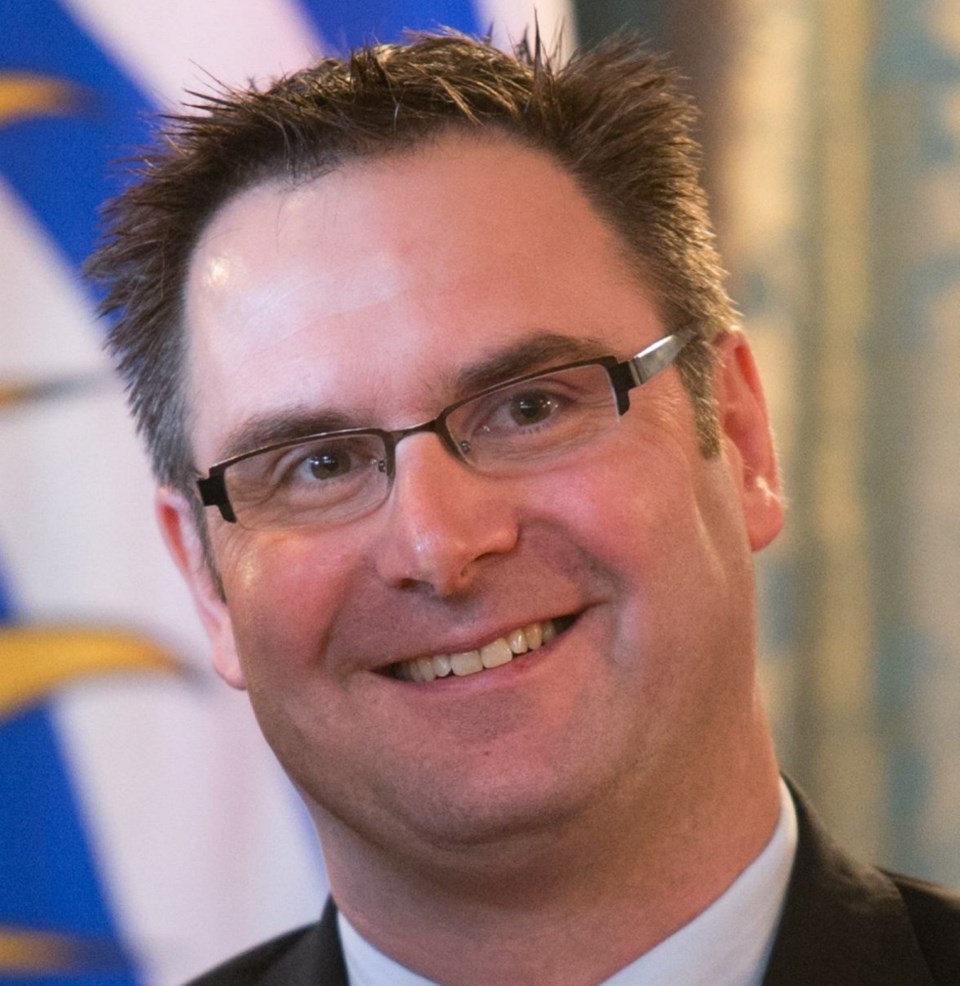The B.C. government’s refusal to cover negotiated wage increases for front-line social-service workers poses a growing threat to people with developmental disabilities, advocacy groups warn.
Inclusion B.C. says the agencies that care for people with disabilities will be forced to cut programs if required to cover wage increases from within already thin budgets.
“The safety of people will be compromised due to a lack of appropriate and sufficient supports,” executive director Faith Bodnar said in alert to the organization’s membership this past week.
Inclusion B.C., which represents more than 70 agencies and associations across the province, accuses the government of reneging on its promise to cover a three per cent wage increase for community social-service workers agreed to in April.
Bodnar says agencies voted 96 per cent in favour of the deal on the understanding the government would pay for it.
“Now, the government is refusing to fund the wage increase, instead telling community agencies that they must ‘find the savings,’ ” the alert states.
“A decision by the government not to fund the collective agreement as promised is a decision by government to cut services.”
But Social Development Minister Don McRae said in an interview the government never committed to covering the wage increase.
The deal was negotiated under the co-operative gains mandate, which requires parties to find savings to offset any pay increases, he said.
“I think everybody was pretty clear that co-operative gains meant no new money on the table, and I would be surprised that any negotiating team in any sector expected otherwise,” he said.
Melinda Heidsma, chairwoman of the B.C. CEO Network of agencies in the sector, disputes McRae’s version of events.
“Certainly, I am not familiar with any service provider who ratified the vote understanding that they were going to have to go out and find the full three per cent,” she said.
Now, local agencies are wondering where they are supposed to find that money, she said.
Heidsma figures her own agency, AiMHi in Prince George, will be on the hook for more than $400,000, while Community Living Victoria pegs its costs at $100,000 annually.
“I don’t know how I’m going to be able to meet that,” said executive director Ellen Tarshis.
McRae said his ministry would work with the agencies to help them find the savings needed.
“We don’t want to see services cut,” he said.
“We want to make sure we are working within the existing dollar amount, though.”
Agencies having difficulty absorbing the costs should reach out to his ministry or Community Living B.C., the Crown agency that oversees services to people with developmental disabilities, McRae said.
“We’ll do our best to alleviate their concerns.”
Inclusion B.C., meanwhile, is calling on families to fight back, noting that public pressure two years ago forced the government to halt cuts and invest more money in services to people with developmental disabilities.
“Now is the time to prevent another crisis in community living in British Columbia and raise the voice of families,” Bodnar and president Annette Delaplace said in a letter to families.



